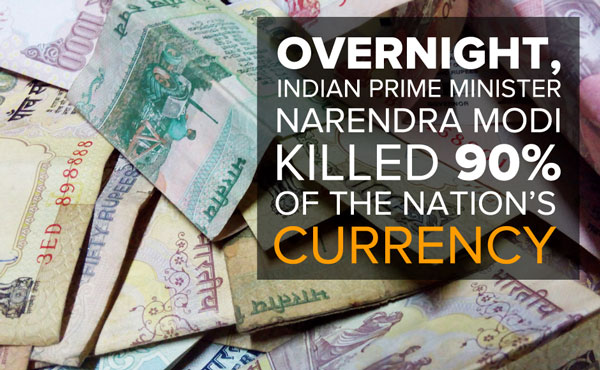Problems . . .
by Brad McMillan, CIO, Commonwealth Financial Network
I’ve been pretty optimistic about the U.S. economy and stock markets over the past couple of weeks, and I stand by that. Almost all of the news is surprisingly good and likely to improve even further.
At the same time, though, I can't ignore the risks. (That’s why they call me Eeyore, after all.) So, to balance out the generally upbeat mood, here are a few things to keep you up at night.
Debt – personal
The papers today highlight two separate worrying trends:
- First, student debt is going bad, to the expected tune of $137 billion in losses, or more than 10 percent of federally insured student loans outstanding. This is serious money.
- Second, and potentially even worse, subprime auto loans are making a comeback. In the third quarter, 2 percent of subprime loans were at least 90 days past due, up from 1.4 percent at the end of 2014 and closing in on the 2.4 percent seen during the recession.
The fact that this is happening even as hiring is strong and wage growth is improving suggests the problem could get much worse if the economy rolls over.
Debt – governmental
The Trump administration is going to have to make a decision: either let the deficit increase substantially or limit its plans. This is not politics but math. Even under current conditions, the deficit and debt are likely to increase substantially during Donald Trump’s first term. At today's low interest rates, we can afford to pay for it, but if interest rates keep moving up, we may hit the point reasonably quickly where spending cuts will be necessary just to pay the interest. If that happens, expect the political battles to get even more intense.
Oil
OPEC just reached an agreement to cut production, which has pushed oil prices up. At the same time, however, those higher prices will likely jump-start more drilling here in the U.S. With the job market close to its limits, that, along with higher oil prices, would push inflation higher. Higher oil prices may also hurt consumer spending elsewhere in the economy. There will be positive effects, to be sure, but we are getting close to the point at which higher oil prices will be a significant negative.
China
A drop in the Chinese currency triggered the stock market correction early in 2016, and it has now moved to an even lower level than it was then. Although China seems to be improving, it is on the back of increased deficit spending and infrastructure investment, which will hit a wall at some point. China is also very vulnerable to decreases in its export sales for any reason. A disruption in the Chinese economy could rattle world markets again, just as it did earlier this year.
Europe
Italy has a constitutional referendum this weekend that could lead to the fall of its government. France and Germany have elections next year that could well go populist, as we’ve seen in Great Britain and now the U.S. The European economy has an even greater dependence on exports than China does and is also laden with debt. In other words, Europe has the same economic risks (and potentially greater political risks) as China does, and the same potential for disruption.
Bottom line: stay diversified
Conditions here in the U.S. are solid and improving, but there are still real concerns out there, including several I haven't mentioned. Amid all of the good news—and very real positive expectations—we also need to keep an eye on the not-so-good. Be hopeful and invest for the future, but stay diversified, as we really don’t know what comes next.
*****
Brad McMillan is the chief investment officer at Commonwealth Financial Network, the nation's largest privately held independent broker/dealer-RIA. He is the primary spokesperson for Commonwealth's investment divisions. This post originally appeared on The Independent Market Observer, a daily blog authored by Brad McMillan.
Forward-looking statements are based on our reasonable expectations and are not guaranteed. Diversification does not assure a profit or protect against loss in declining markets. There is no guarantee that any objective or goal will be achieved. All indices are unmanaged and investors cannot actually invest directly into an index. Unlike investments, indices do not incur management fees, charges, or expenses. Past performance is not indicative of future results.
Commonwealth Financial Network is the nation's largest privately held independent broker/dealer-RIA. This post originally appeared on Commonwealth Independent Advisor, the firm's corporate blog.
Copyright © Commonwealth Financial Network














